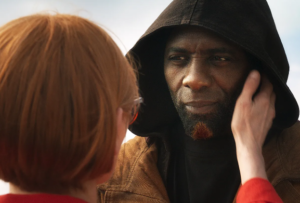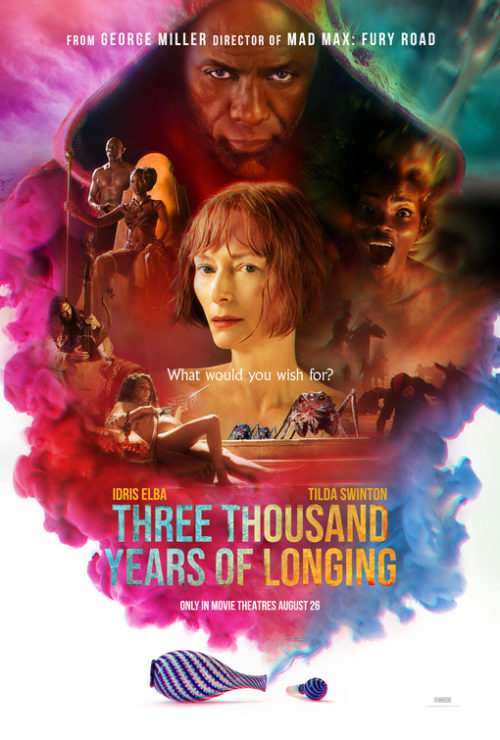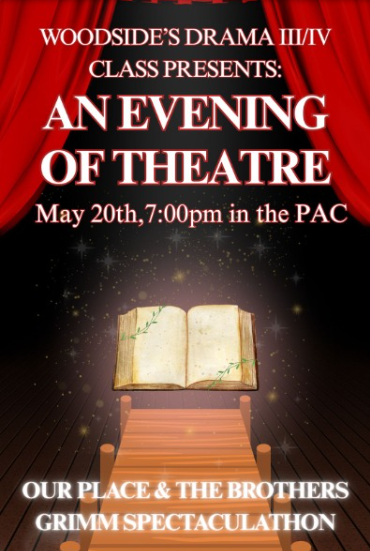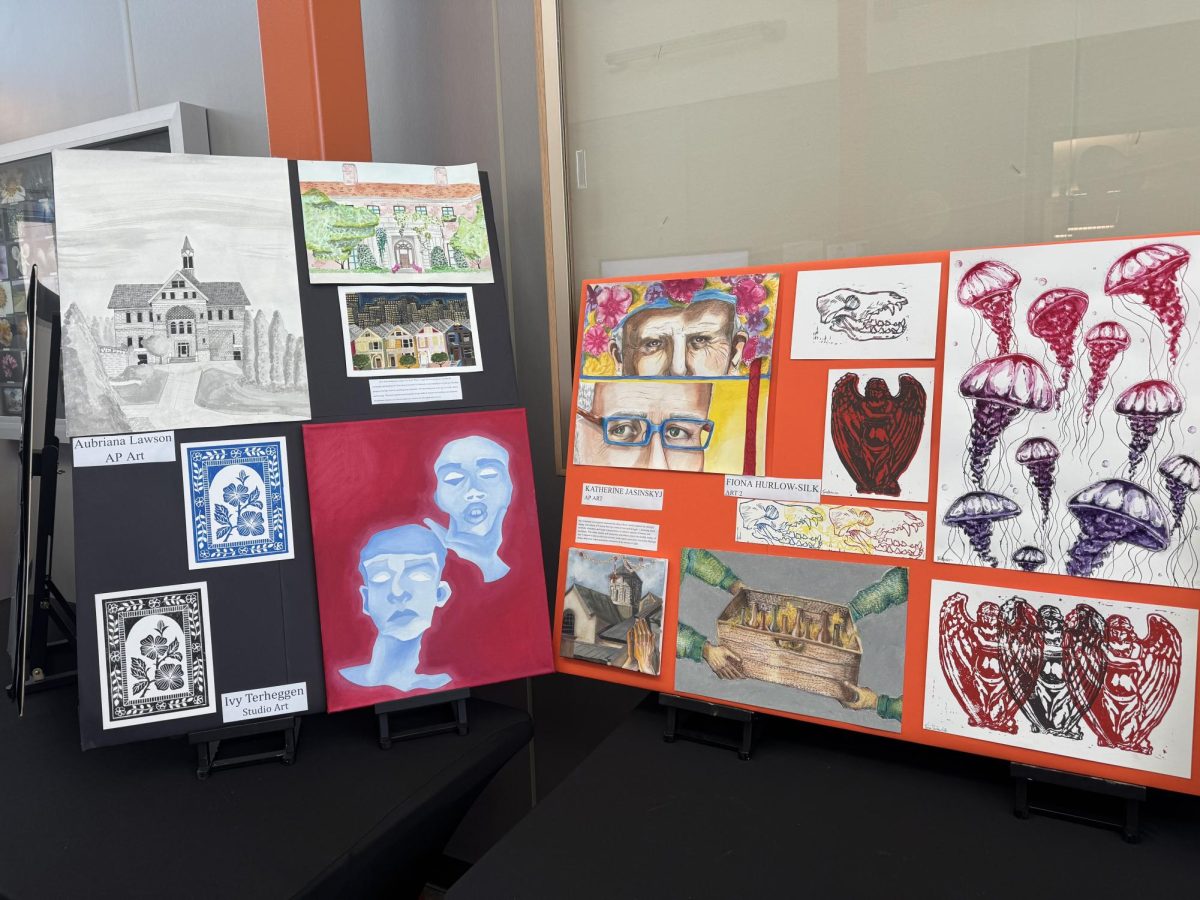I was excited when I heard about “Three thousand years of longing” because it tells the story of the power of imagination and wishes. Having watched the film, the relationship between the characters created a unique and powerful love story that was unlike anything I had ever seen before.
“Three thousand Years of Longing,” tells a story about a woman who travels to Istanbul, Turkey to attend a business conference. The main character Alithea Binnie, played by Tilda Swinton, suffers from strange delusions of demonic beings. During the trip, Alithea Arrives at an old antique store where she discovers a mysterious glass bottle that catches her eye. When she accidentally opens the antique glass, she unleashes a djinn who is trapped inside. The djinn asks that she make three wishes so that he can have freedom. As soon as she makes the wish, something unusual happens to both of them, and their relationship begins to flourish. The film was made for adults because of the violence. George Miller directed the movie which stars Idris Elba and Tilda Swinton. This film is based on A. S. Byatt’s short story “The Djinn in the Nightingale’s Eye.” A Dilijan, similar to an angel, is a type of spirit in Islam. Many Muslims believe that it has the ability to shape-shift into both animals and humans.

“Three thousand years of longing,” contains violence, which was very disturbing. When the armor choked the prince of Solomon, he hung backward. “Three thousand years of longing” showed that the genie and Alithea had a very unconventional love demonstrated while telling stories. Another thing that worked was seeing the fictional and Alithea’s real stories come to life in the movie.
“Wrinkle in time” (2018) is comparable to “Three thousand of longing” because they are both expressions of imagination and fiction. The movies are remarkably similar because they illustrate an adventure through stories set in different moments.
Overall, The movie was worth watching because it’s more mature than Aladdin and turned three wishes into something extraordinary in the end.












